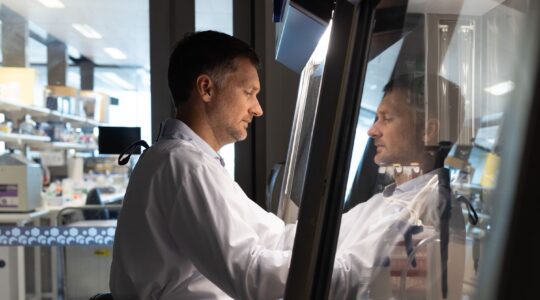Researchers have discovered a blood test that can detect the effects of sport-related concussion and determine when it’s safe to return to the field.
The Monash University-led research measured two brain-specific proteins in the blood of 81 Victorian Amateur Football Association (VAFA) players who experienced concussion and compared them with 56 players who did not.
Study lead Dr Stuart McDonald said by tracking levels of the blood biomarkers over time researchers monitored how long it took the players’ brains to recover, otherwise known as ‘neurobiological recovery’.
Dr McDonald said there previously had been no well-established tools for tracking neurobiological recovery after sport-related concussion.
Published in JAMANetwork Open, the study looked at two brain cell proteins, glial fibrillary acidic protein (GFAP) and neurofilament light (NfL), which were released into the blood following brain trauma.
“The most striking finding was the variability in biomarker changes among individuals, with over 20 percent of concussion cases showing substantial and persistent increases in both GFAP and NfL that remained elevated compared to non-concussed footballers for over four weeks,” Dr McDonald said.
“Individuals with these extreme biomarker changes were substantially more likely to have lost consciousness as a result of their head knock.”
Dr McDonald said their next body of work was to demonstrate how and when the two proteins should be measured as return-to-play biomarkers.
“Our vision is for serial measures of these proteins to be integrated into clinical care, guiding return-to-play decisions based on both symptom and neurobiological recovery.”








